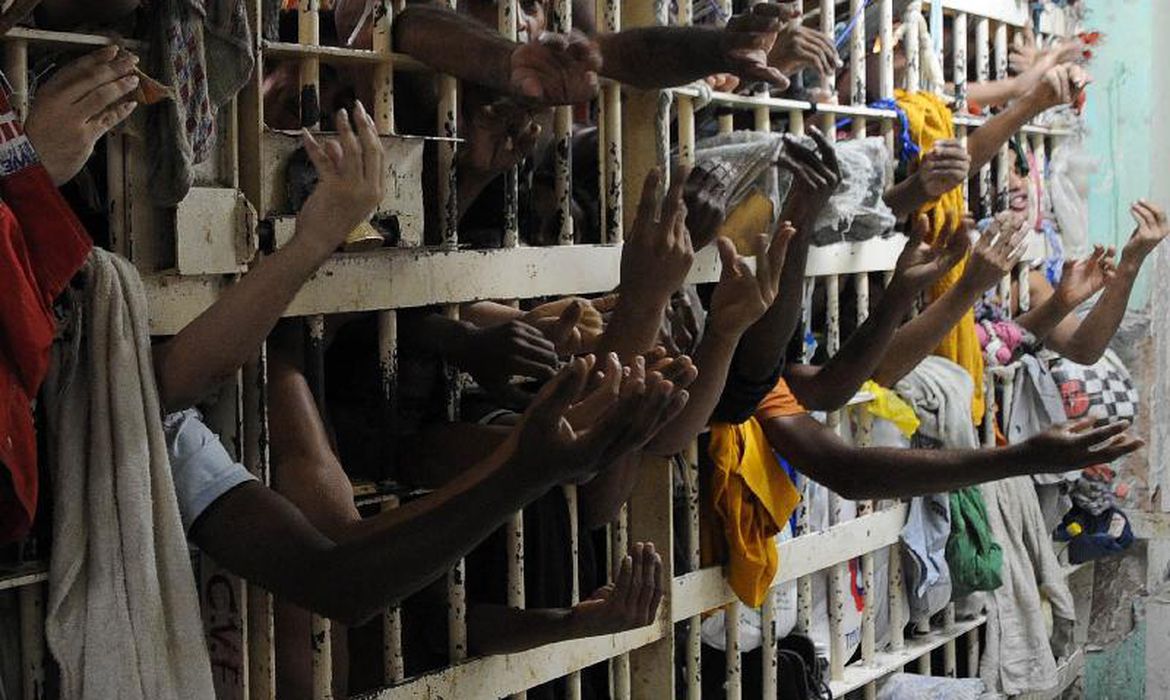RIO DE JANEIRO, BRAZIL – The majority of relatives of people incarcerated in the state of São Paulo have had no news during the novel coronavirus pandemic, shows a survey released on July 15th by the Getulio Vargas Foundation’s Center for Bureaucracy Studies.

Based on replies from 1,283 relatives of inmates, the survey found that 69.6 percent have had no information or contact during this time of restricted visits as a measure to reduce the spread of the disease.
Among the families who were able to maintain some contact with their incarcerated relatives, most of this communication was made through letters or private attorneys. “Still, reports from relatives show that the letters have been slow to arrive and often fail to arrive,” says the survey.
Less than half (48 percent) of jailed people’s families have a private attorney. For 41.4 percent of those who hire these services, the cost is justified because it is the only way to receive and send news to prisoners. Only 39.8 percent of prisoners have a public defender and 11.6 percent say they do not have a defense attorney involved in the case. The vast majority (74.5 percent) of families believe that having a defender does not help to provide protection to the prisoner at this time.
Virtually all (99 percent) of respondents are women. Of these, 44.9 percent are mixed-ethnic, 12.7 percent are black and 39.9 percent are white. These are people who have also suffered the impacts of the pandemic. Among these families, 33.1 percent say they lost a significant part of their income with the pandemic and 26.5 percent were left with no income at all. The average monthly income of these family groups is R$1,097 (US$219), with an average income of R$371 per person.
Based on the observed scenario, the survey includes some recommendations, such as the need to reassess jailing the accused pending trial, that should be maintained only in exceptional conditions, according to a National Justice Council decision.
The researchers also show the value of transparency in the data on Covid-19 cases and deaths inside prison facilities. In addition, the need for means of contact between families and incarcerated relatives, such as tablets or public phones, is stressed.
Source: Agência Brasil

